
Shocking Avocado Dangers You NEED to Know Before Your Next Bite! Could One Fruit Trigger Irreversible Harm?
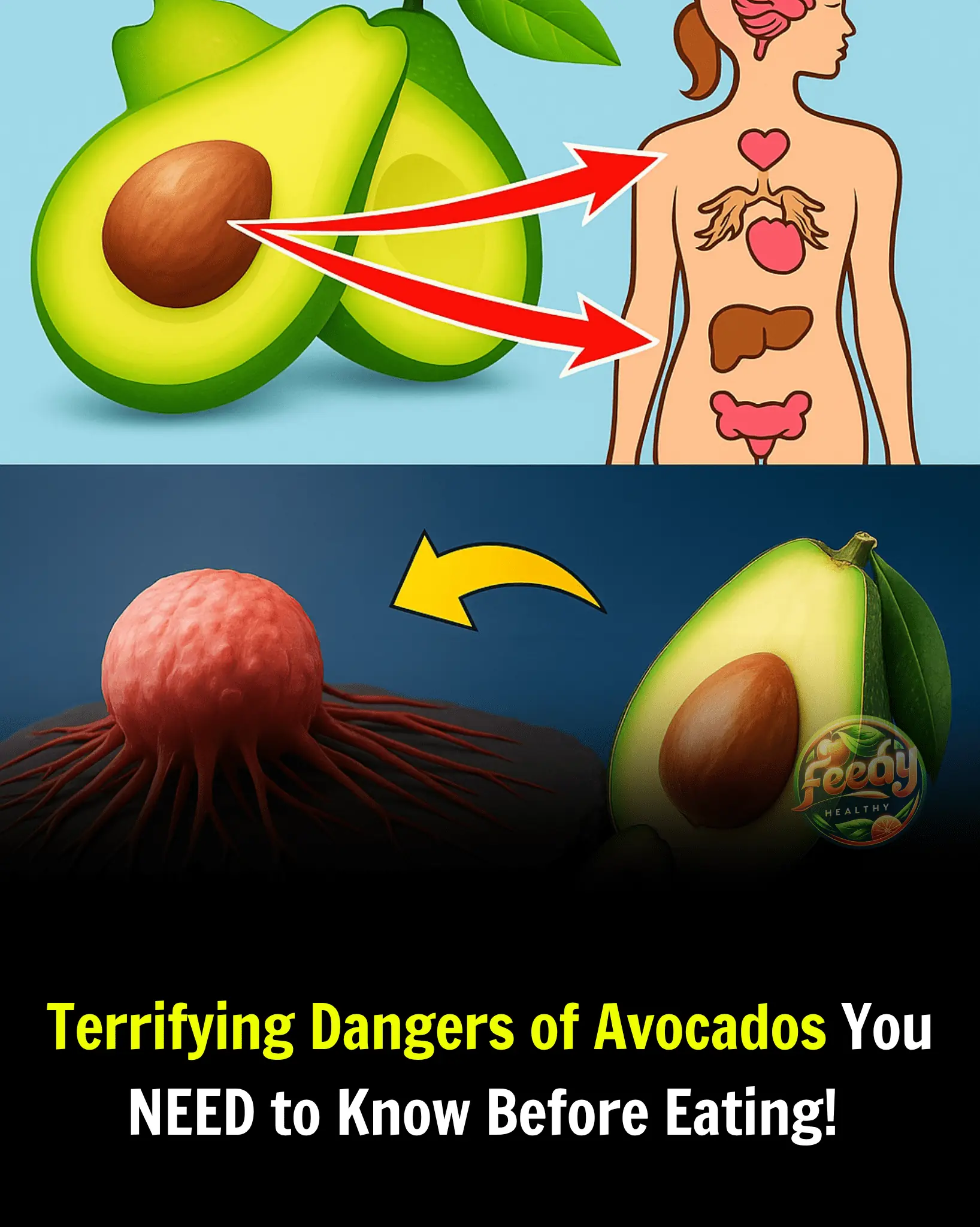
Avocados are beloved in the world of wellness—creamy, nutritious, and hailed as a superfood for heart health and glowing skin. But could this trendy fruit have a dark side that could damage your body?
For some people, even a single avocado can trigger severe, life-altering reactions that last long after consumption. If you’re an avocado lover or thinking about adding them to your diet, this is your wake-up call. From allergies to chronic health issues, learn the hidden risks and how to protect yourself—before it’s too late.
Why Avocados Are Loved—But Not Always Safe
Avocados have earned their spot as a dietary superstar—and for good reason. They’re packed with health perks, making them a go-to for health-conscious eaters:
🌱 Heart-Healthy Fats: Rich in monounsaturated fats, avocados support heart health and reduce bad cholesterol.
🥬 Nutrient-Rich: Full of fiber, potassium, magnesium, folate, and vitamins E, C, and B6.
🍽️ Diet-Friendly: A staple in keto, vegan, and plant-based diets, avocados are versatile and filling.
But behind the hype lies a troubling truth: for some, avocados pose more health risks than benefits. Let’s uncover the potential dangers of this green fruit and why caution may be necessary.
Hidden Risks of Eating Avocados
While avocados are a health hero for many, they can be a silent threat to others. From allergic reactions to digestive distress, here are the alarming risks you need to know:
🚨 1. Latex-Fruit Syndrome: A Dangerous Cross-Reaction
Avocados contain proteins similar to those found in natural rubber latex (from the Hevea brasiliensis tree). If you're allergic to latex, eating avocado may trigger latex-fruit syndrome, affecting 30–50% of people with latex allergies.
Symptoms include:
😷 Swelling of lips, mouth, or throat
🌵 Hives, itching, or skin rash
🤢 Stomach pain, nausea, or vomiting
⚠️ Anaphylaxis—a rare but life-threatening allergic reaction requiring immediate medical attention
Even a single avocado can set off a serious reaction, and repeated exposure may worsen symptoms. If you've reacted to rubber gloves, balloons, or latex products, avocados may be a hidden hazard.
🌡 2. Histamine Intolerance: A Silent Threat
Avocados are naturally high in histamine and other biogenic amines like tyramine and putrescine, which can overwhelm the body's ability to break them down. For people with histamine intolerance, eating avocados may lead to chronic and uncomfortable symptoms:
🤕 Persistent headaches or migraines
🔥 Flushing, hives, or skin itching
💨 Bloating, cramping, or diarrhea
💓 Anxiety, heart palpitations, or racing heartbeat
Unlike immediate allergic reactions, histamine intolerance symptoms can develop gradually, making diagnosis tricky. Over time, chronic inflammation—especially in the gut—can become difficult to reverse.
🩺 3. Potassium Overload: A Risk for Kidney Health
Avocados are loaded with potassium, a vital mineral for muscle and heart function. But for those with chronic kidney disease (CKD), this can be dangerous. Excess potassium can overwhelm weakened kidneys, leading to:
💓 Irregular heartbeat (arrhythmia)
💪 Muscle weakness or fatigue
🩻 Worsened kidney damage
If you have kidney issues, consuming avocados without medical guidance could result in serious complications. Always consult a doctor before adding high-potassium foods to your diet.
🔥 4. Gut Inflammation and Autoimmune Triggers
People with digestive disorders like IBS, leaky gut syndrome, or Crohn’s disease may find avocados troublesome. Their high fiber and fat content can cause bloating or discomfort, while histamine can worsen gut inflammation. For sensitive individuals, frequent consumption may:
🩺 Trigger chronic gut inflammation and persistent discomfort
🛡️ Lead to autoimmune responses, where the immune system attacks healthy cells
🥄 Exacerbate undiagnosed food sensitivities
These effects can be particularly dangerous due to their slow onset and long-lasting nature.
Irreversible Consequences You Could Face
While most people can enjoy avocados without issue, repeated exposure for sensitive individuals may result in severe and lasting consequences:
🔄 Chronic Allergies: Continued exposure can lead to persistent or worsening allergic reactions, sometimes requiring lifelong avoidance.
🩺 Permanent Gut Damage: Chronic inflammation from histamine or digestive intolerance can alter gut health, leading to conditions like IBS or leaky gut.
🩻 Organ Stress: Potassium overload in those with kidney disease can result in irreversible kidney damage or heart complications.
🛡️ Autoimmune Flare-Ups: In rare cases, repeated immune triggers can escalate existing autoimmune conditions.
These risks highlight the importance of listening to your body and seeking medical advice if you suspect avocado-related issues.
Who Should Be Especially Cautious?
Avocados aren’t off-limits for everyone, but some people are at higher risk of adverse reactions. Use extra caution if you:
🌳 Have a known or suspected latex allergy
🌡 Suffer from histamine intolerance or chronic hives
🤢 Have digestive disorders like IBS, leaky gut, or Crohn’s
🩺 Have chronic kidney disease or other kidney problems
🤰 Are pregnant (high potassium can pose risks in large amounts)
If you fall into any of these categories, consult an allergist or registered dietitian before adding avocados to your diet.
How to Safely Enjoy Avocados (If You're Not at Risk)
If you don’t suffer from allergies, sensitivities, or kidney issues, avocados can still be a healthy addition to your diet—with mindful consumption. Here’s how to eat avocados safely:
🥑 Moderation is Key: Limit intake to ½–1 avocado per day to avoid potassium or histamine overload.
🌿 Choose Organic: Opt for organic avocados to reduce pesticide exposure, which can irritate sensitive systems.
🍈 Avoid Overripe Fruit: Overripe avocados have higher histamine levels, increasing allergy risks.
🧼 Store Properly: Keep avocados in cool, dry places to prevent mold, which can cause allergic reactions.
👂 Listen to Your Body: If you experience any unusual symptoms—itching, bloating, fatigue—stop eating avocado and seek medical advice.
Test and Manage Your Avocado Sensitivity
Suspect you may be allergic to avocados? Don’t ignore the signs. Here's how to confirm and manage potential risks:
🩺 See an Allergist: Skin prick or specific IgE blood tests can confirm avocado or latex-fruit syndrome allergies.
🥗 Consult a Dietitian: A registered dietitian specializing in food sensitivities can guide a low-histamine diet.
🚨 Carry Emergency Meds: For confirmed severe avocado allergies, your doctor may prescribe an epinephrine auto-injector (e.g., EpiPen).
📝 Track Food Intake: Keep a food diary to connect symptoms with avocado consumption and identify hidden triggers.
If you are allergic or intolerant, complete avoidance is best. Read labels carefully—avocado oil is common in cosmetics, shampoos, and processed foods like guacamole, sushi, or salad dressings.
Why Awareness Matters
Avocados may be a beloved superfood, but they’re not ideal for everyone. For some, their creamy texture hides serious health hazards—from sudden allergic reactions to chronic illness.
Knowledge is power: learn your body’s limits, watch for warning signs, and act quickly to protect your health.
If you’ve ever felt "off" after eating avocado—rash, stomach pain, rapid heartbeat—don’t ignore it. Your body is trying to tell you something. Understanding the risks and taking preventive steps lets you make informed choices and avoid irreversible damage.
Take Action to Protect Your Health
Don’t let the appeal of avocados blind you to their potential dangers. If you suspect you’re sensitive or at risk, speak to a healthcare provider today. A simple test or dietary change could save you years of discomfort—or worse.
For everyone else, enjoy avocados in moderation—but stay alert to any symptoms.
Share this with friends and family—most people have no idea that even one avocado can cause serious reactions. Spread the knowledge to keep your loved ones safe.
Your next bite could be life-changing—but only if you're prepared.
News in the same category

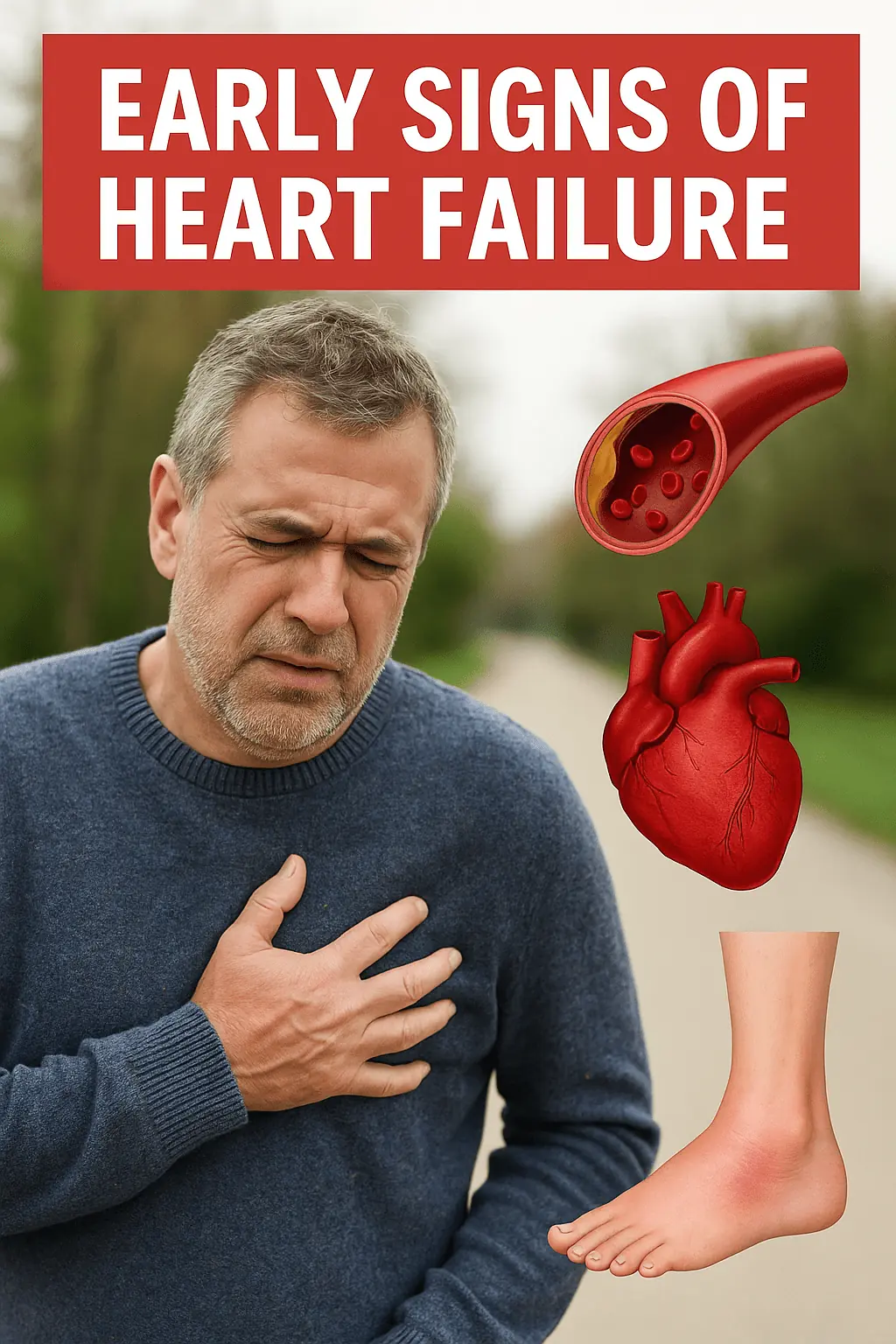
8 Subtle Warning Signs of a Heart Attack You Shouldn’t Ignore
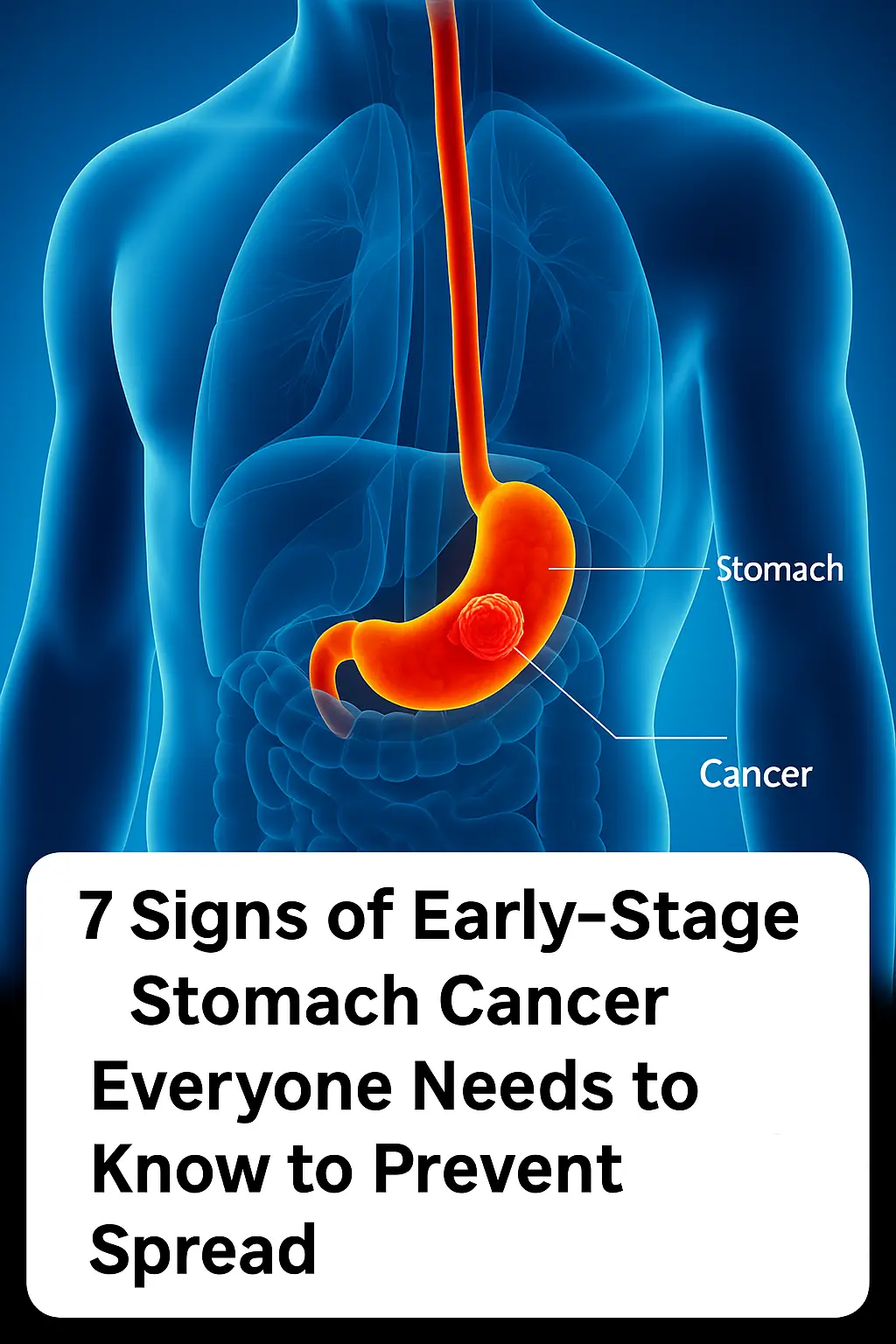
7 Early Signs of Stomach Cancer Everyone Should Know to Prevent Metastasis

6-Year-Old Boy Suffers Stroke Right After Waking Up – Doctors Emphasize 4 Warning Signs Parents Must Recognize to Save Their Child

If You Have Colon Polyps, These 4 Symptoms During Bowel Movements Could Be a Warning – See a Doctor Before It's Too Late

68-Year-Old Man Dies from Kidney Failure — Doctor Warns: Stop Eating These 3 Types of Breakfast
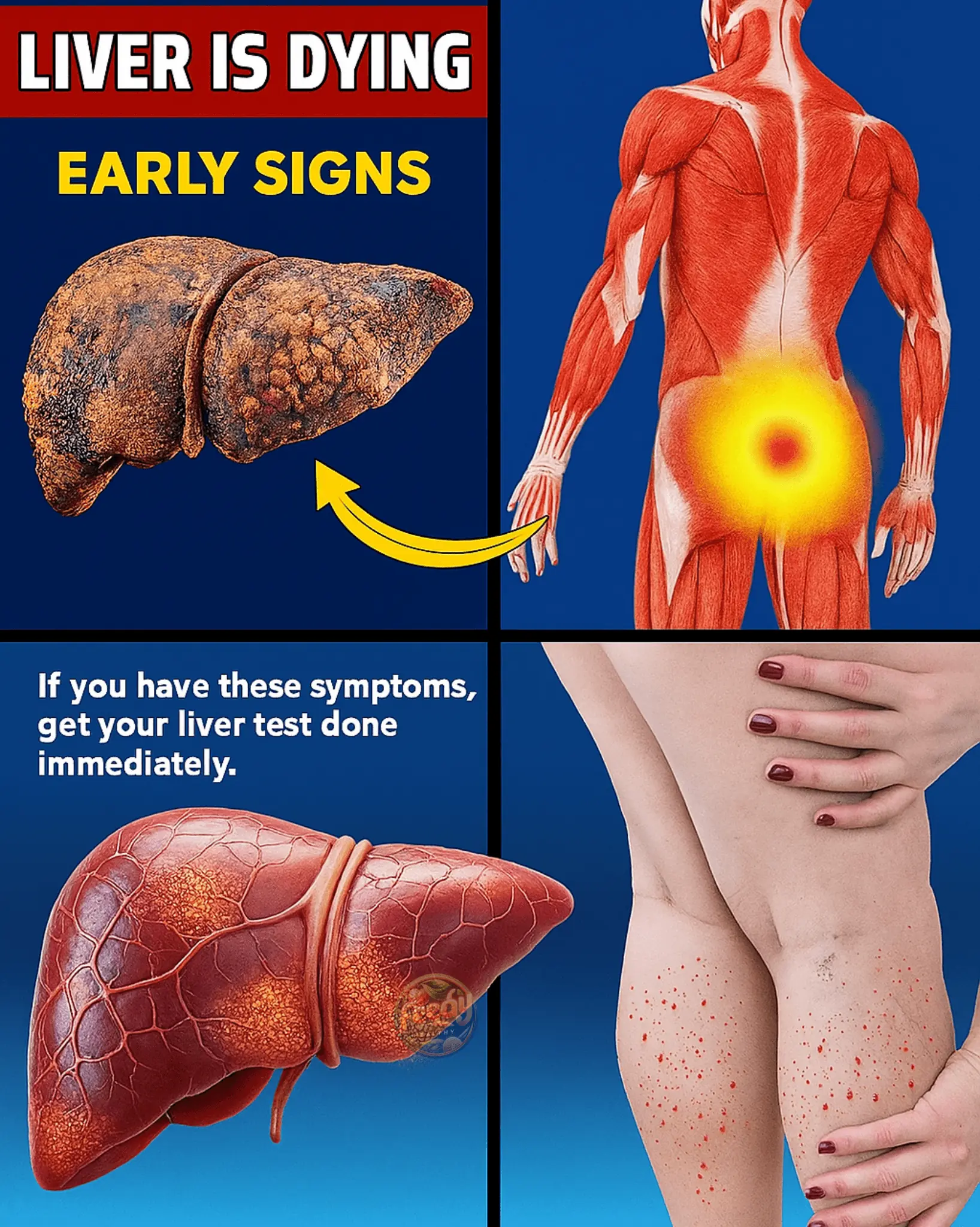
Is Your Liver in Danger? 12 Early Signs of Liver Cirrhosis You Shouldn’t Ignore

Emergency Warning Issued: “Do Not Eat” Dubai-Style Chocolate Bar Recalled
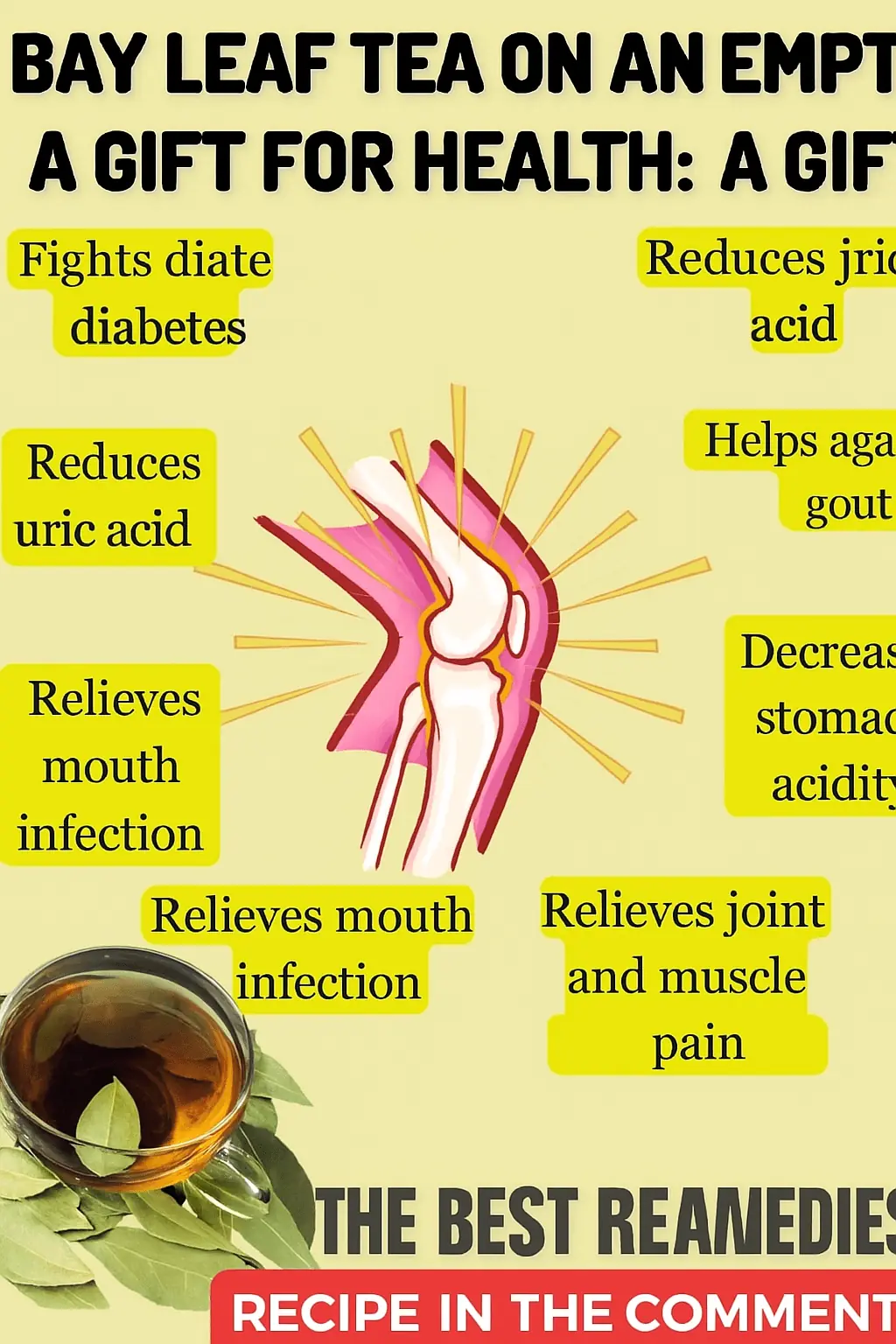
Health Benefits of Drinking Bay Leaf Tea on an Empty Stomach

Cancer May Be Painless at First, But These 8 Toilet-Related Signs Mean You Should See a Doctor Early – Don’t Ignore Them
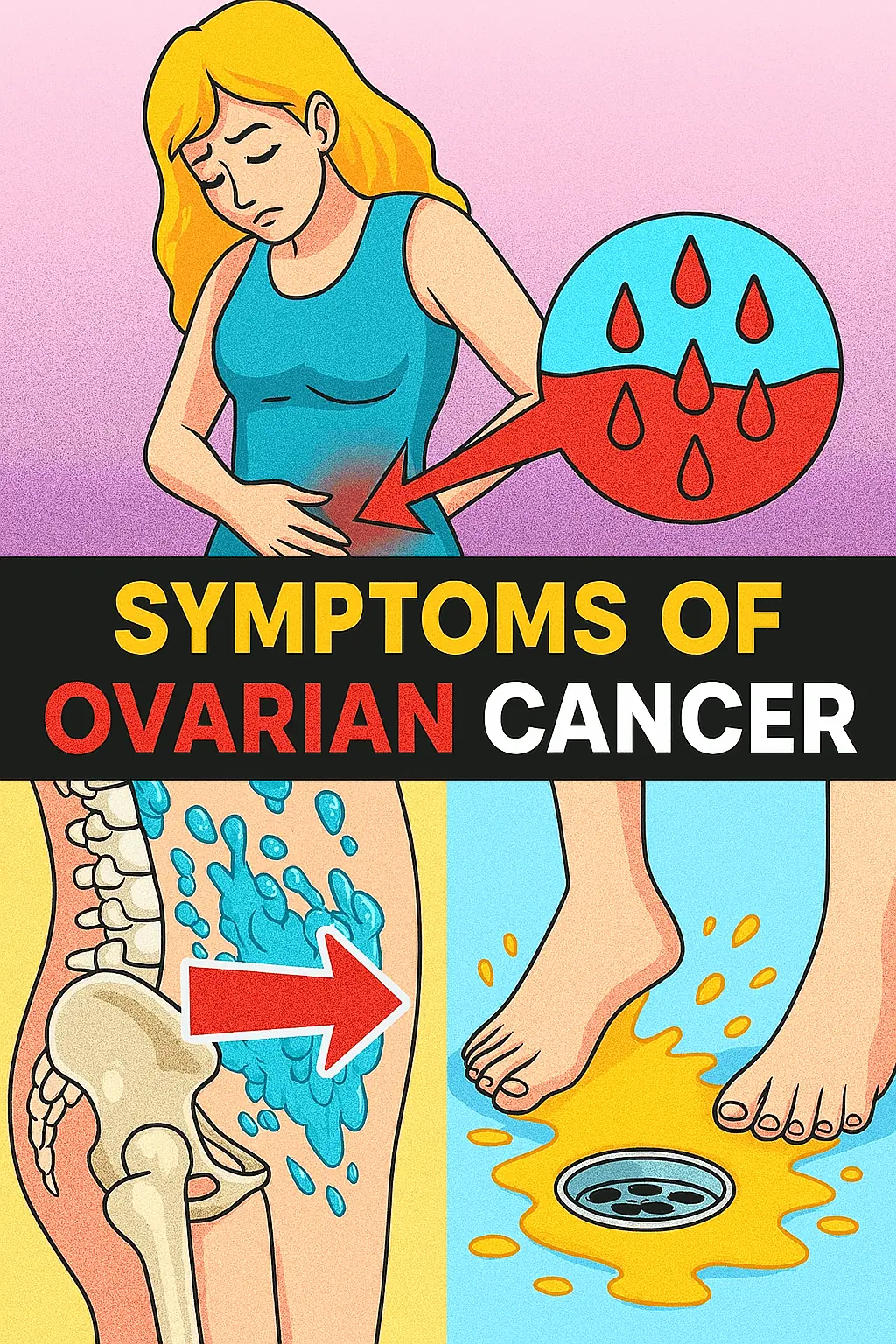
The Hidden Connection Between Ovarian and Breast Cancer
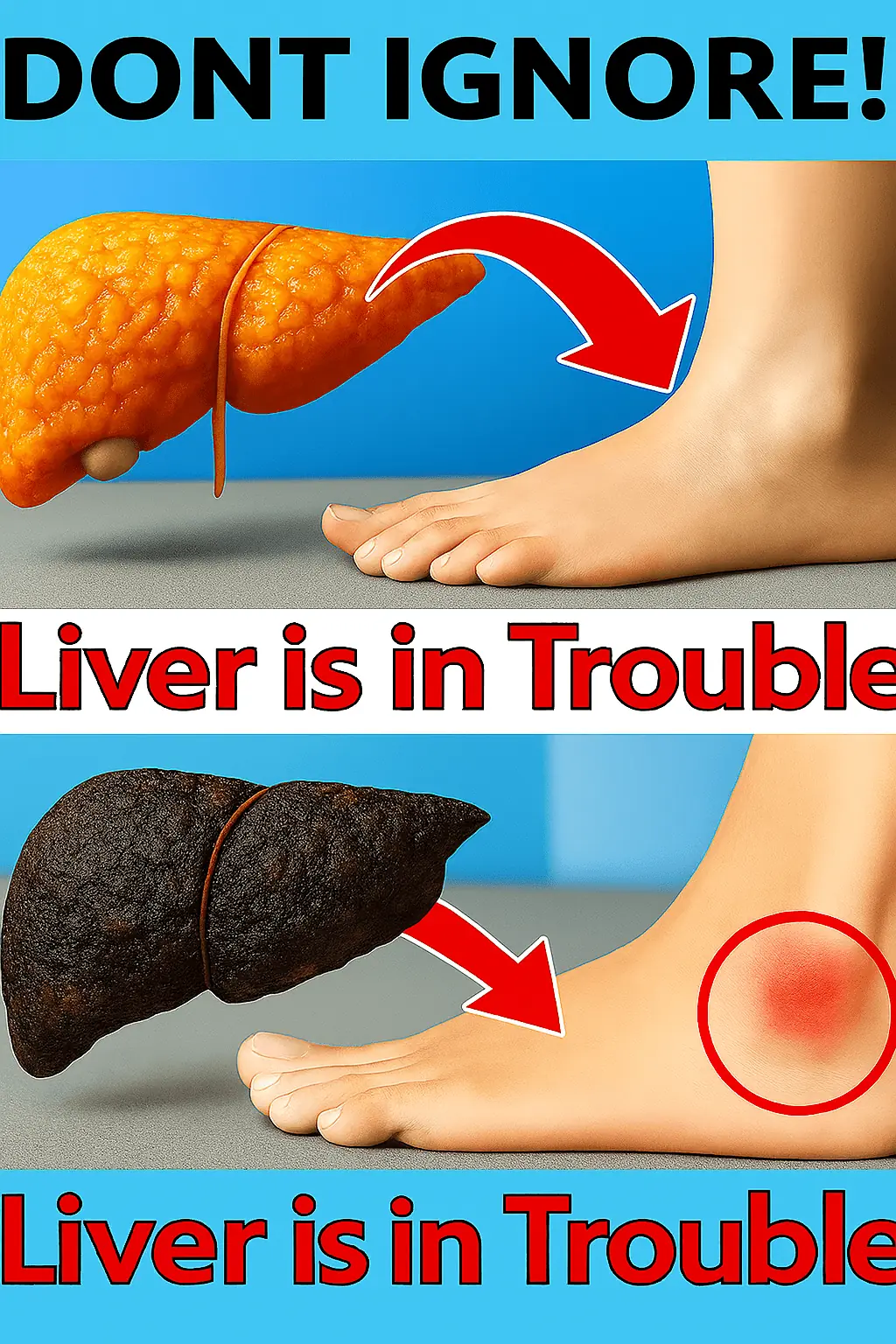
How Your Feet Are Warning You About Liver Problems: What You Need to Know

Vaseline & Coffee Erase Wrinkles Instantly! The 100-Year-Old Anti-Aging Secret You Need to Try!

8 "Friendly Enemies" of Diabetes – Snack Smart Without Spiking Blood Sugar!

Top Foods to Avoid After 60 for Better Health

Prostate Cancer: 4 Symptoms Commonly Mistaken for Other Conditions

Busy Work Schedule: Is Sleeping Only 5–6 Hours a Night Harmful?
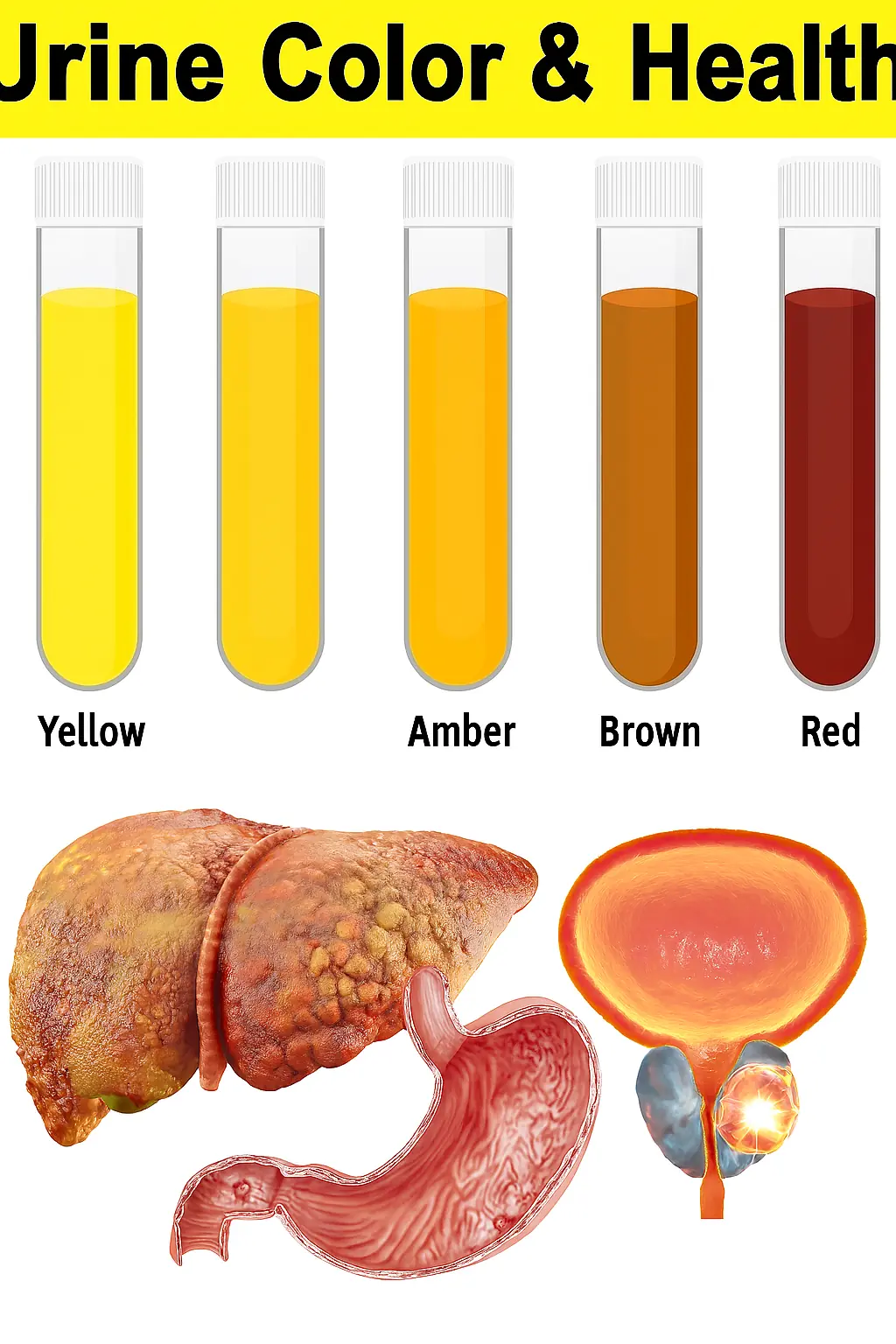
What Your Urine Color Really Says About Your Health (It’s More Interesting Than You Think)
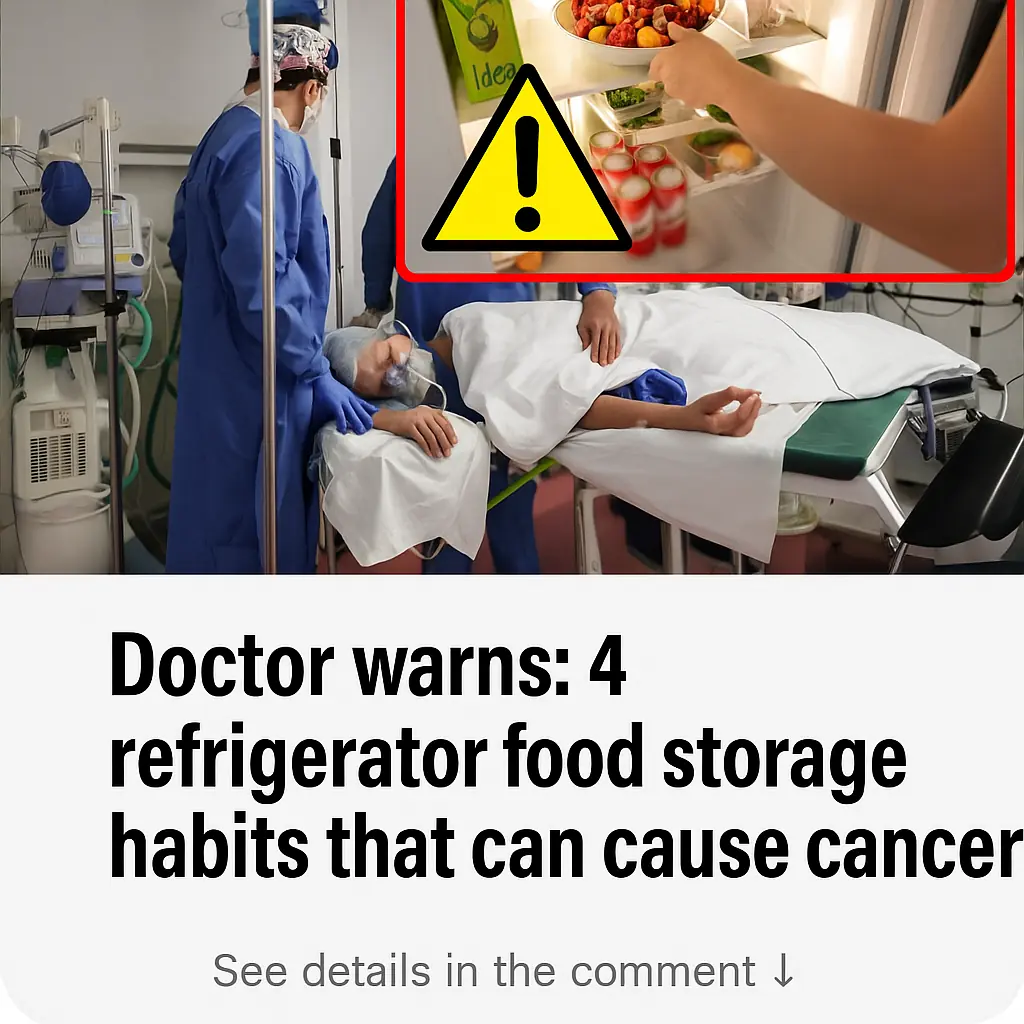
Doctor Warns: 4 Food Storage Habits in the Refrigerator That May Cause Cancer
News Post

Benefits of Castor Leaves: A Natural Treasure for Health
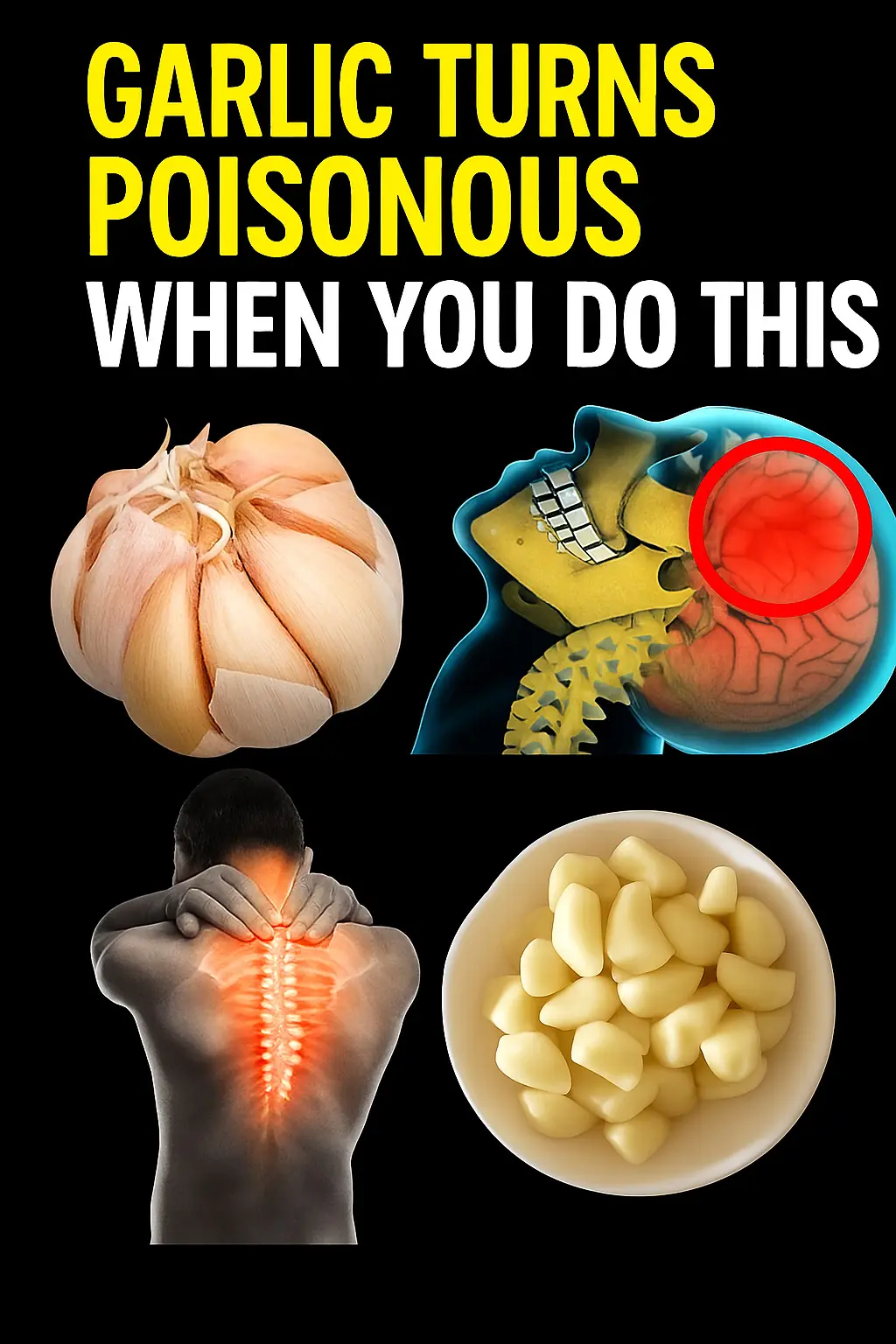
Avoid Garlic! 8 Health Problems That Can Get Worse

People at Risk of Cancer Often Show 3 Signs on the Neck – Early Checkups Could Save Your Life

8 Subtle Warning Signs of a Heart Attack You Shouldn’t Ignore

12 NATURAL HOMEMADE CLEANERS that will clean, sanitize and disinfect everything in our homes

Truth behind viral statement after married CEO caught with employee on Coldplay kiss cam

Over 60 killed after fire rips through newly opened mall in Iraq following AC explosion

7 Early Signs of Stomach Cancer Everyone Should Know to Prevent Metastasis

6-Year-Old Boy Suffers Stroke Right After Waking Up – Doctors Emphasize 4 Warning Signs Parents Must Recognize to Save Their Child

If You Have Colon Polyps, These 4 Symptoms During Bowel Movements Could Be a Warning – See a Doctor Before It's Too Late

🍓🍰 Berry Mousse Genoise Layer Cake 🎂

🫐🍰 Nova Scotia Blueberry Cream Cake 🍰🫐

🍑 Gourmet Peach Ice Cream Recipe

Discover the Secret to Naturally Banishing Skin Tags with Lemon & Ginger
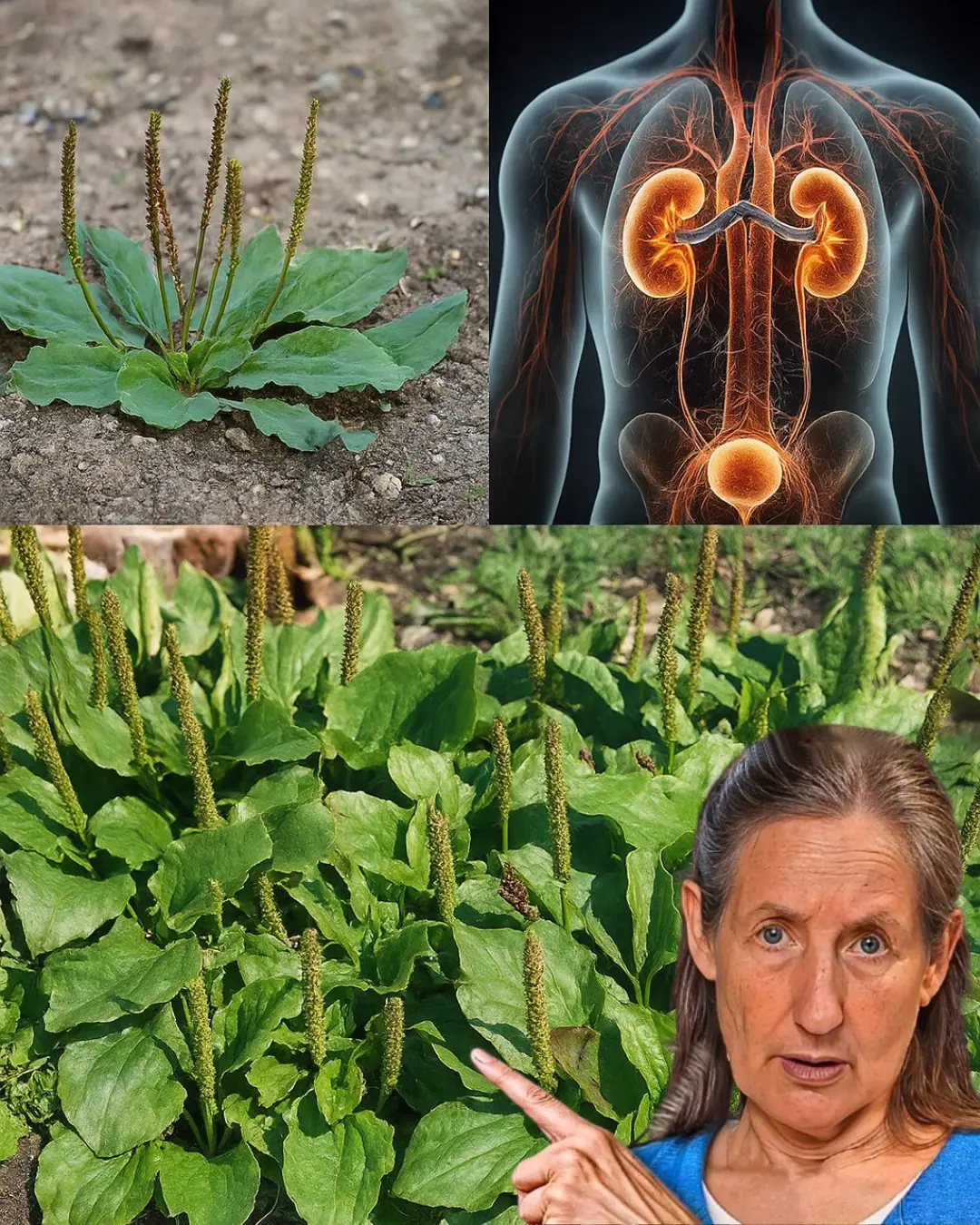
Broadleaf Plantain Unveiled: 30 Astonishing Benefits of Nature’s Hidden Healer

Glow Like Never Before: The Lemon & Charcoal Skincare Secret That Will Transform Your Skin
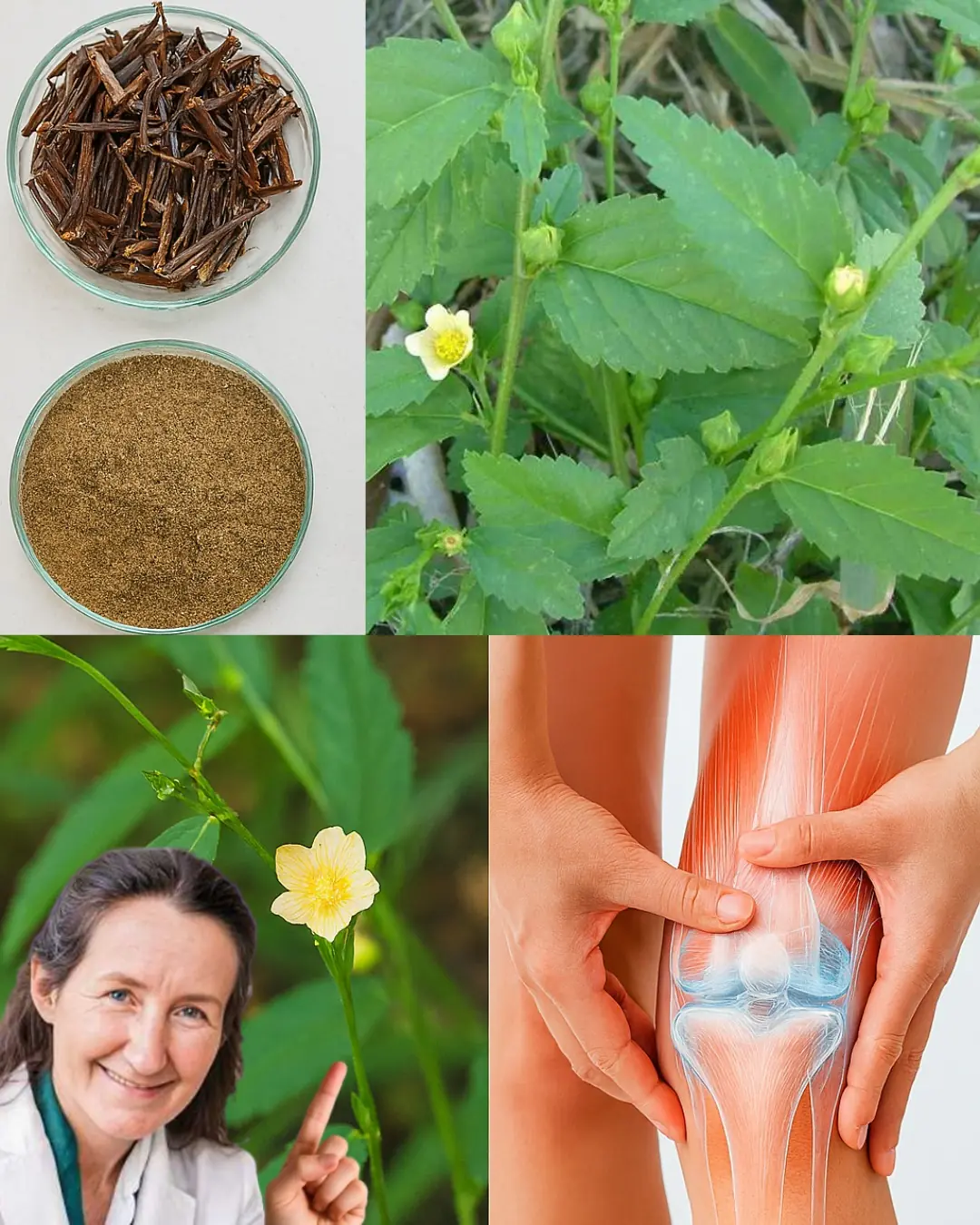
Sida Acuta: The Hidden Miracle Herb You Need to Know About
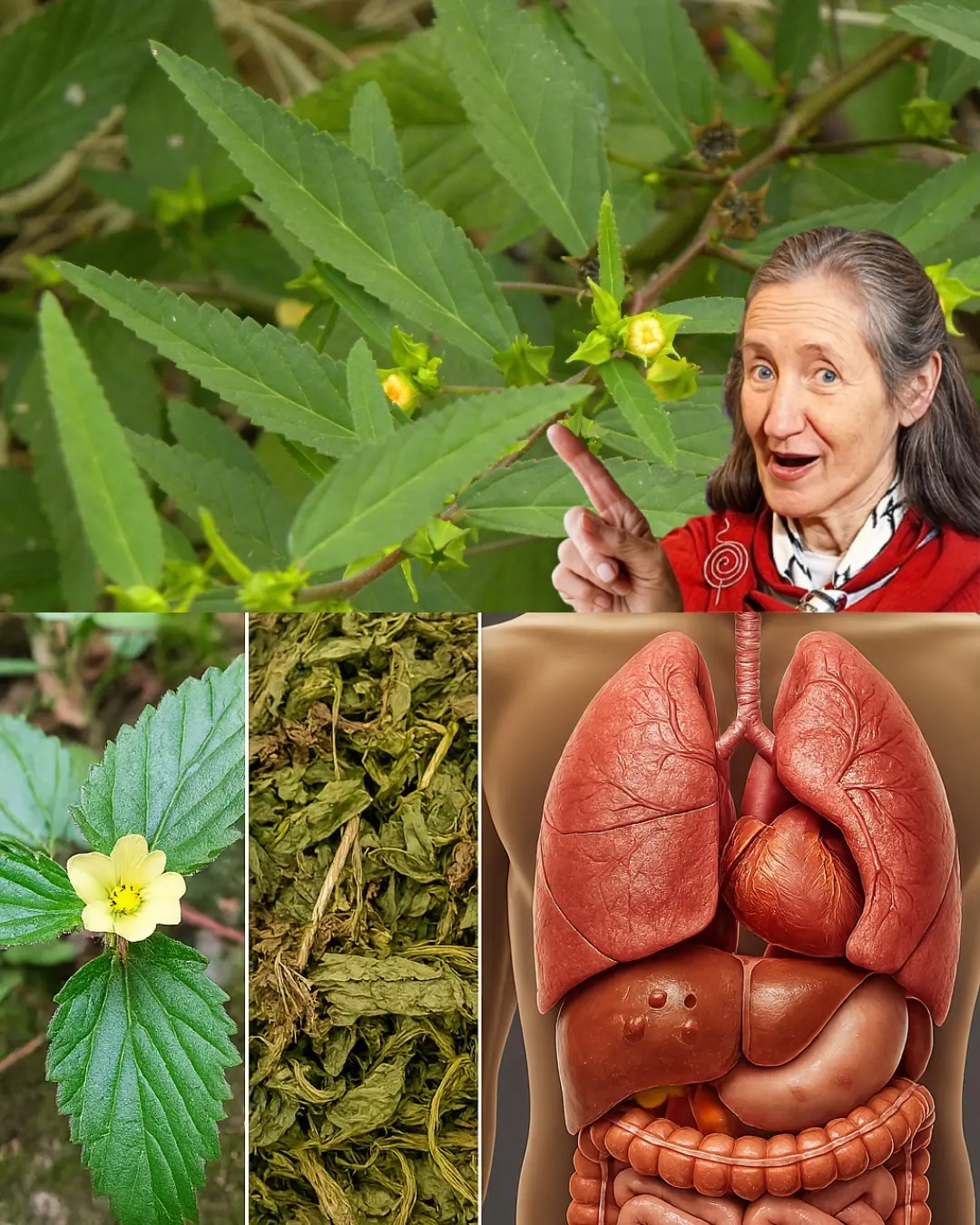
Unveiling the Secrets of Sida Acuta: The Hidden Powerhouse of Nature
